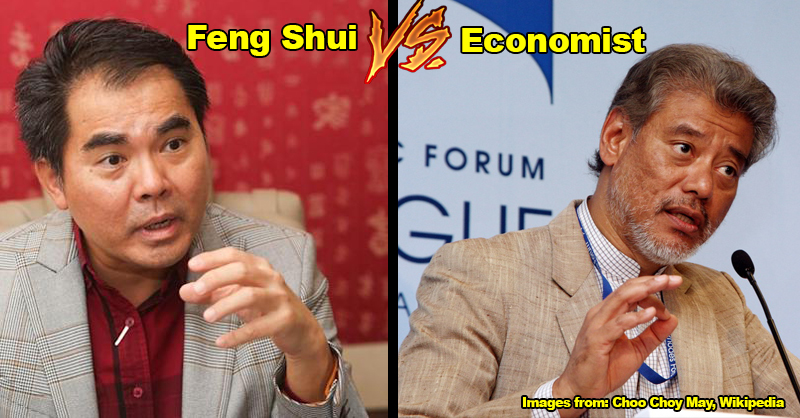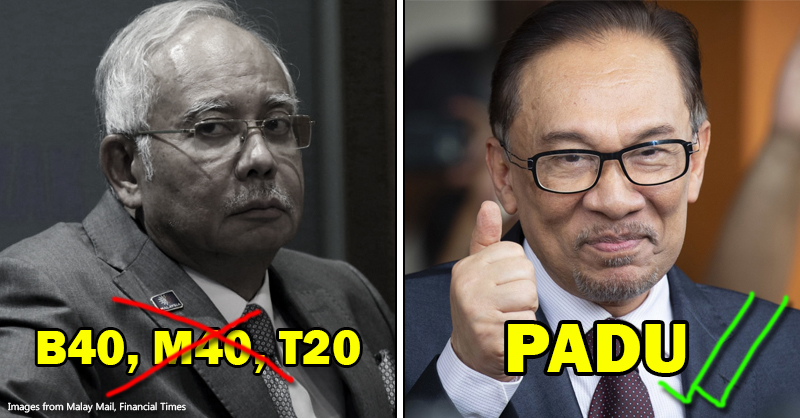Malaysia ranked 2nd to Russia in the Crony-Capitalism Index… But is it really that bad?

- 1.4KShares
- Facebook1.3K
- Twitter8
- LinkedIn8
- Email10
- WhatsApp34
What’s the first thing that pops into your head when you hear the word “crony” being used in a sentence? Maybe you’ve heard it being used to describe a friend, a partner, or perhaps you’ve heard the term being used to describe some of our political leaders who’ve buddy-buddied it up with business owners and corporations that have also been implicated in… certain scandals. *cough 1MDB cough*
But even though the whole “you help me, I help you” thing might seem like it’s been part of our system for the longest time, the Economist recently published this year’s edition of the Crony-Capitalism Index, naming a list of countries with the highest amount of crony-capitalism in their economy- and Malaysia’s taken the second-top spot, with Russia in first place.
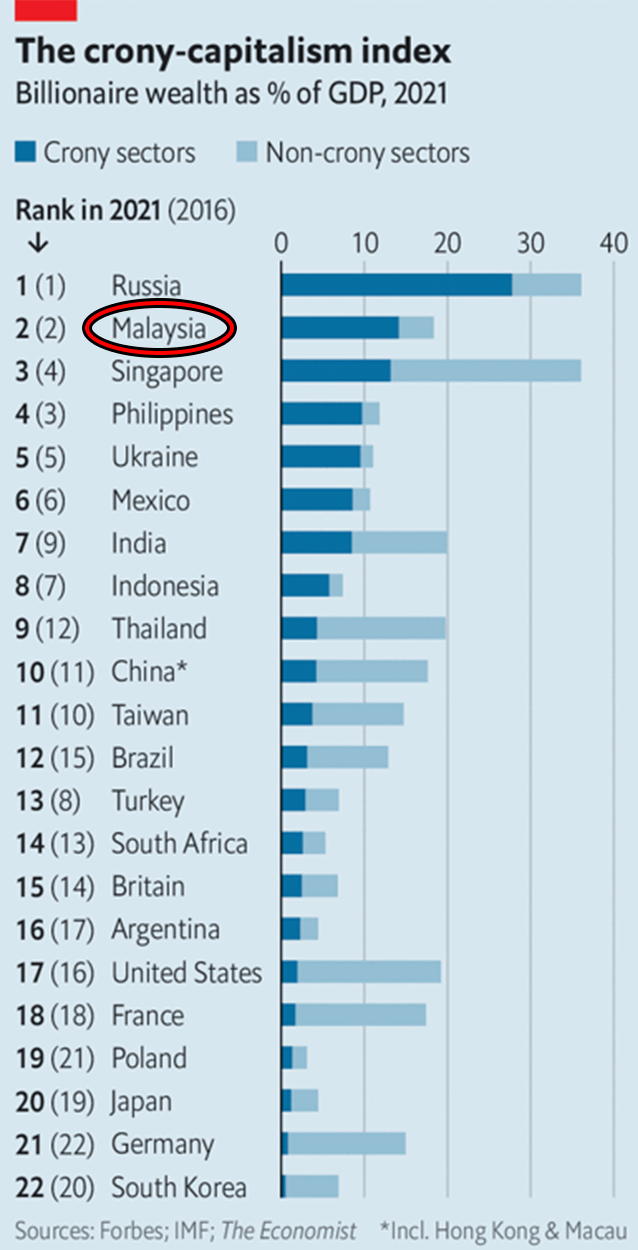
And unless you’re someone who’s actively been involved in economic discussions, you’d probably wonder what this ‘Crony-Capitalism Index’ thing is and how much of an effect it might have on our country’s economy. Well, in simpler terms…
It’s used to measure how biased an economy is to the rich and powerful.
Just to give y’all a little context to what the whole index is about; Crony-Capitalism (a.k.a. cronyism) refers to an economic system where businesses secretly partner with political figures or groups to gain certain advantages like getting special permits and subsidies, tax breaks, and sometimes even affecting a change in public policy. So it’s basically like playing favourites, but at a much larger scale.
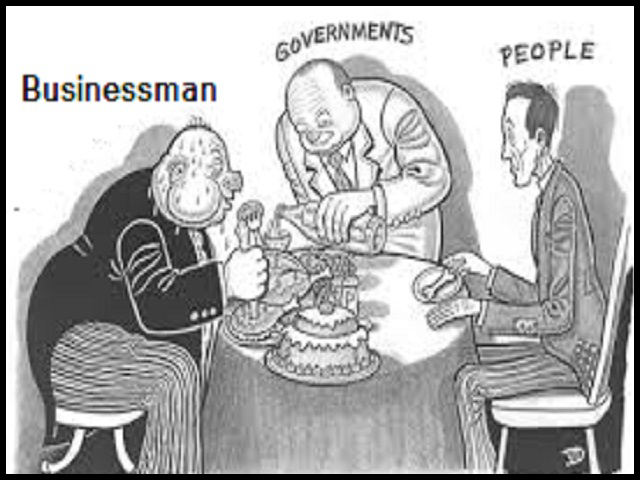
Now, you might be thinking that there’s no way that something like this can be legal since it just seems like a form of corruption. But as unethical as it may be, it’s legally a pretty gray area because of how difficult it is to draw the line between “support” and buat crony. Thus, the Crony-Capitalism Index was created as a way to be able to measure how much a country’s economy could be affected by cronyism, through this very specific methodology:
“We use data from Forbes to calculate the total wealth of those of the world’s billionaires who are active mainly in rent-heavy industries, and compare that total to world GDP to get a sense of its scale. The higher the ratio, the more likely the economy suffers from a severe case of crony-capitalism.” – The Economist; in their article “Planet Plutocrat“.
And though this methodology might be used to measure crony-capitalism as a whole, they’ve also narrowed it down per country by doing the same thing: comparing individual countries’ overall billionaire wealth to their GDP, to see how much of the country’s money is being funneled towards this very specific group of people.
Oh, and they look at billionaires from specific industries, mainly the ones who are more susceptible to being monopolized, require licenses, or have some form of dependency on the state, since those are the ones who most likely have some kinda involvement with the government and usually have the most impact on a country’s economy. These are usually rent-seeking businesses, which are also referred to as “crony sectors”.

And though Malaysia’s taken second spot in the index this year…
This isn’t the first time Malaysia’s been on the list.
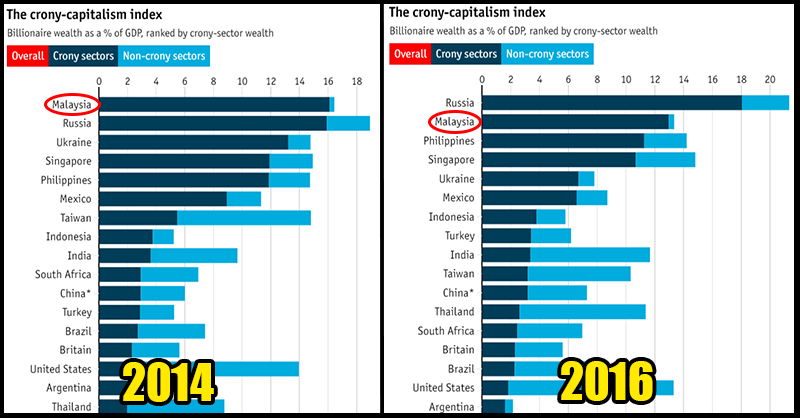
Let’s be honest, we all knew that things were bad. But unfortunately after looking at the numbers, it’s actually much worse than we expected. As it turns out, Malaysia has been in the top ranks of the Crony-Capitalism Index for years now. Heck, our country even took FIRST place back in 2014, but dropped to second place in 2016 where we remained until the latest update in 2022.
And though we’re in second place now, the fact that we beat Russia once back in 2014 is incredibly concerning, since they’re generally known to have one of the most unequal economies; with the top 1% of their population earning a combined income as high as 20-25% of the entire nation’s income, and the Russian Oligarchs who only got wealthy through their connections with the Russian government back when the Soviet Union was being dissolved. TL;DR, they have a very small group of insanely rich people, and a huge number of people in poverty.

Interestingly though, our neighboring country Singapore also ended up in third place on this year’s Crony-Capitalism Index, which is strange considering that they’ve prided themselves on meritocracy and equality. And though there are some Singaporeans who agree that agree that Singapore’s “elitist society” might have given room to cronyism, there are others who’ve been pretty taken aback by the ranking, stating that the index might not even be accurate; a thought that’s also been similarly expressed by one of their MP’s:
“[The index] looks at the wealth of billionaires in sectors such as finance, oil and real estate, which The Economist claims to be prone to cronyism in many countries. It does not examine or identify actual cronyism or rent-seeking behaviour in each country. Just because there are billionaires in these sectors does not mean that they must make their money through cronyism. Nor can we charge a sector in Singapore as being prone to graft and rent-seeking just because it is so in other countries.” – PAP MP for Jurong GRC David Ong, as quoted by The Straits Times.
With that said, there are many who’ve also questioned the accuracy of the index, since their one-size-fits-all methodology has looked over many important oligarch-classes in various countries; for example, the chaebols in Korea, who have had multiple past controversies over their ties to the government, mostly make their wealth through the automotive and electronics industry which are not considered “crony sectors”. Not to mention, there are also cronies that choose to conceal their wealth to avoid being exposed.
These issues with the index that the Economist themselves have also acknowledged then pose bigger question for us here in Malaysia… Is our crony-capitalist situation here really as bad as it seems?
Our country has a problem with cronyism, but it’s hard to pinpoint where.
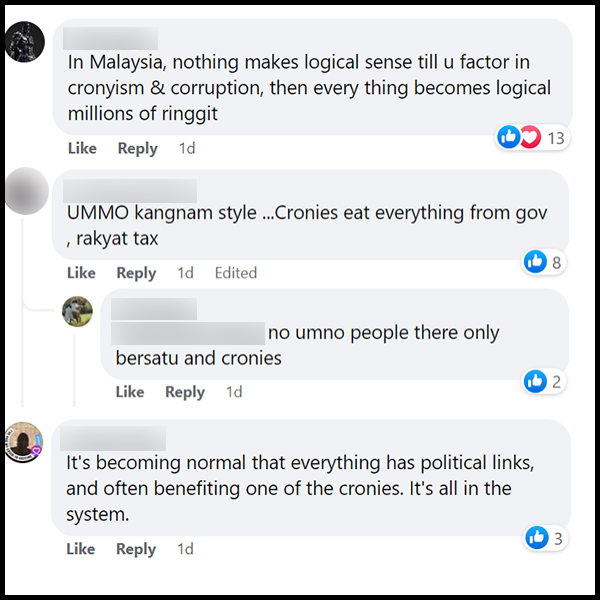
In one of their articles, the Economist quoted the 1MDB scandal, which we all know was literally one of the biggest, if not the actual biggest scandal that our country has ever seen. (Psst. And in case you wanna catch up with the latest updates you can check out this article we wrote about the important bits from the US 1MDB trial.)
So, unless you were living under a rock for the last decade, you’d probably know that the whole hoo-haa started with the ‘1Malaysia Development Berhad’ company which was owned by the MOF, which (allegedly) later turned into a whole romance and action-packed scandal involving corruption, bribery, secret affairs, blackmail, and money laundering- and yes, the whole thing reeks of crony behaviour.
And since then, there’s been much evidence to suggest cronyism in Malaysia… just not enough to pinpoint definite proof of where, when, and how cronyism in Malaysia takes place due to its very vague and hidden nature.
We delved into one research paper after another, and found that there was one research paper that did suggest that having governmental favor during the 1997-98 Asian Financial crisis might have helped certain firms in Malaysia gain an advantage at the time. There’s way more to it, but unfortunately we can’t fit it all in a single article so you can read the entire thing here.
But as substantial as its findings were, they were only able to strongly support the hypothesis of crony-capitalism in Malaysia using data… which is probably as legit as it gets. ‘Cause the truth is, as much as we know that there is most likely some form of crony-capitalism going on within our country, it’s hard to find out exactly where and how it’s happening since there isn’t enough substantial evidence to prove it. Besides, one man’s cronyism could be seen another man’s familiarity.
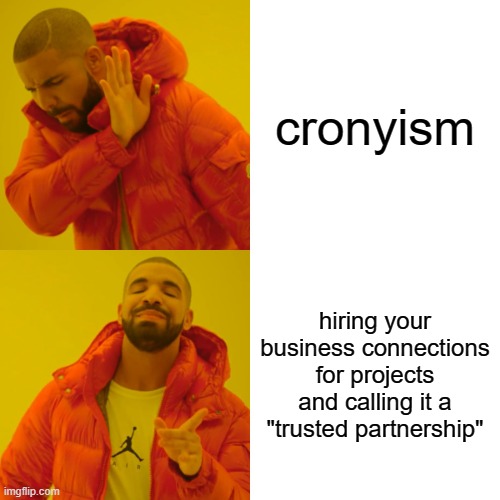
So, unless someone who was involved in cronyism comes out to publicly speak about it and launch an entire investigation into the matter, we might only be able to rely on the Index and its numbers to provide some form of verification that these concerns are legit. Though, there’s a chance that the Index might be inaccurate, and we can’t 100% confirm that this is indeed happening-
But there is one thing that we can confirm…
The ones who will feel its effects the most are the average rakyat.
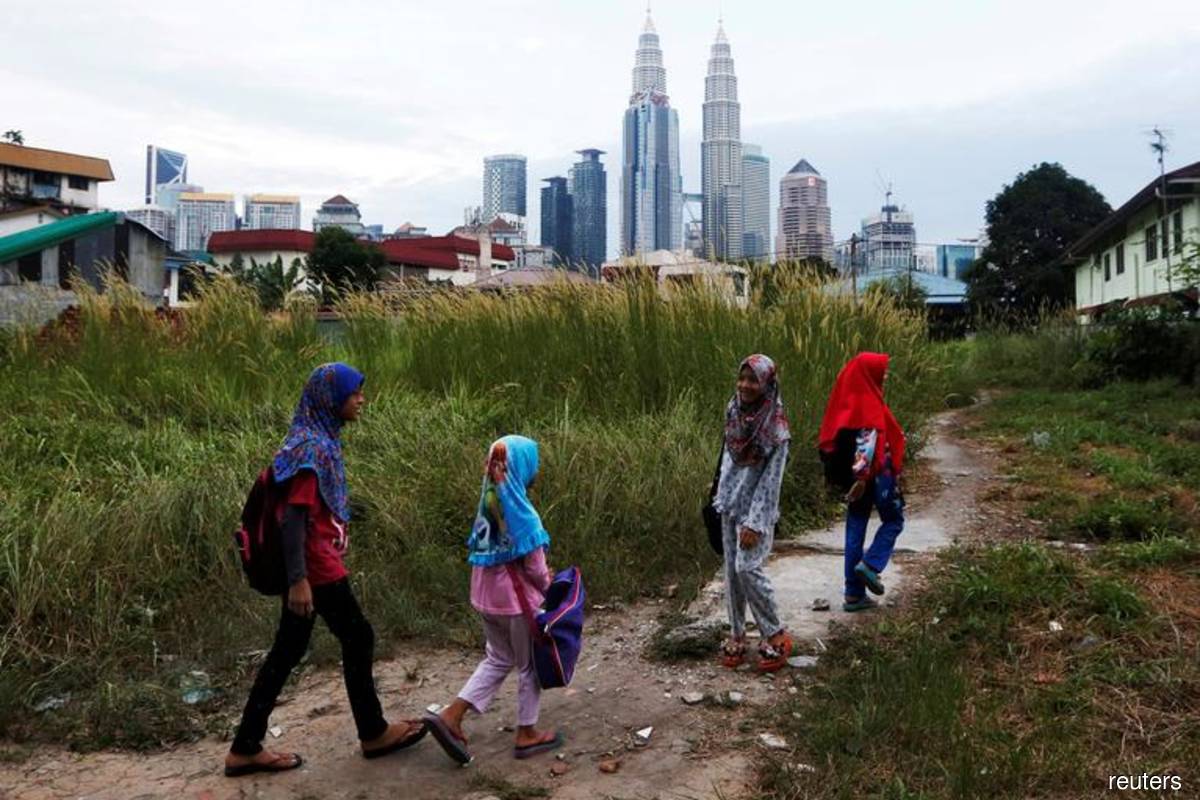
Escaping the line of poverty is not an easy task. One economic expert even said that it’ll take a person around 20 years with nearly nothing going wrong to be able to escape poverty, which might seem realistic enough at first glance… until you realize that the system is basically rigged against you.
‘Cause at the end of the day, that’s what crony-capitalism essentially is- It’s a cost to the people, since wealth that should be rightfully distributed, is instead being pooled and circulated by a small group of rich and powerful people who collude together, in order to make themselves even richer.
And though we do hear about all these “success stories” of people who worked hard enough to get to a better place in life, we actually only end up seeing the few who actually make it, in comparison to the thousands of others that probably tried all the same but ended up failing.
In contrast, the ones who were born into wealth, or at least those who were able to get in their good graces will basically just get to take it easy and do the bare minimum. Meanwhile those who were born into poverty are expected to push themselves to the ends of the world and back, just so they can get a tiny slice of the pie.
- 1.4KShares
- Facebook1.3K
- Twitter8
- LinkedIn8
- Email10
- WhatsApp34

